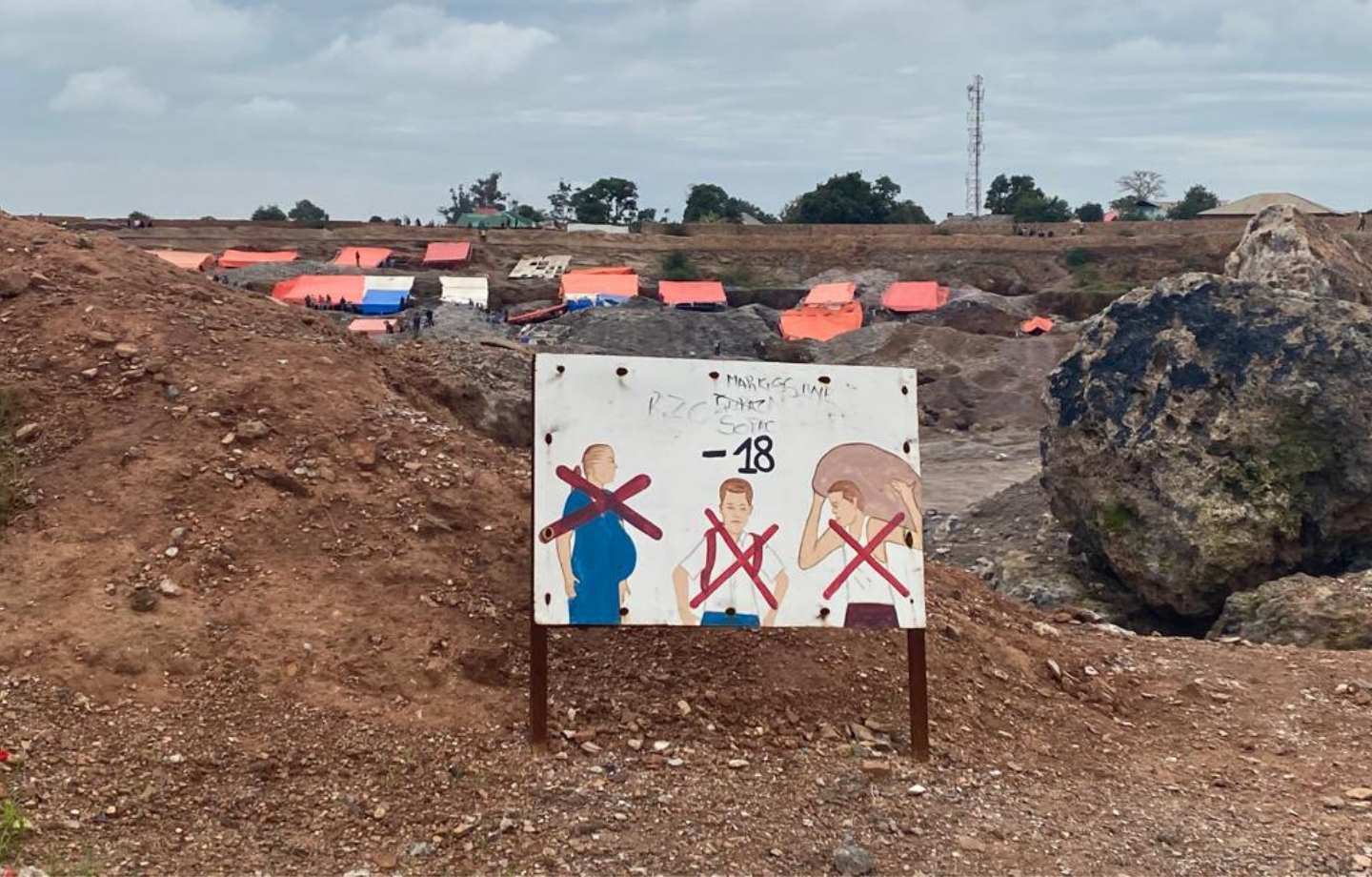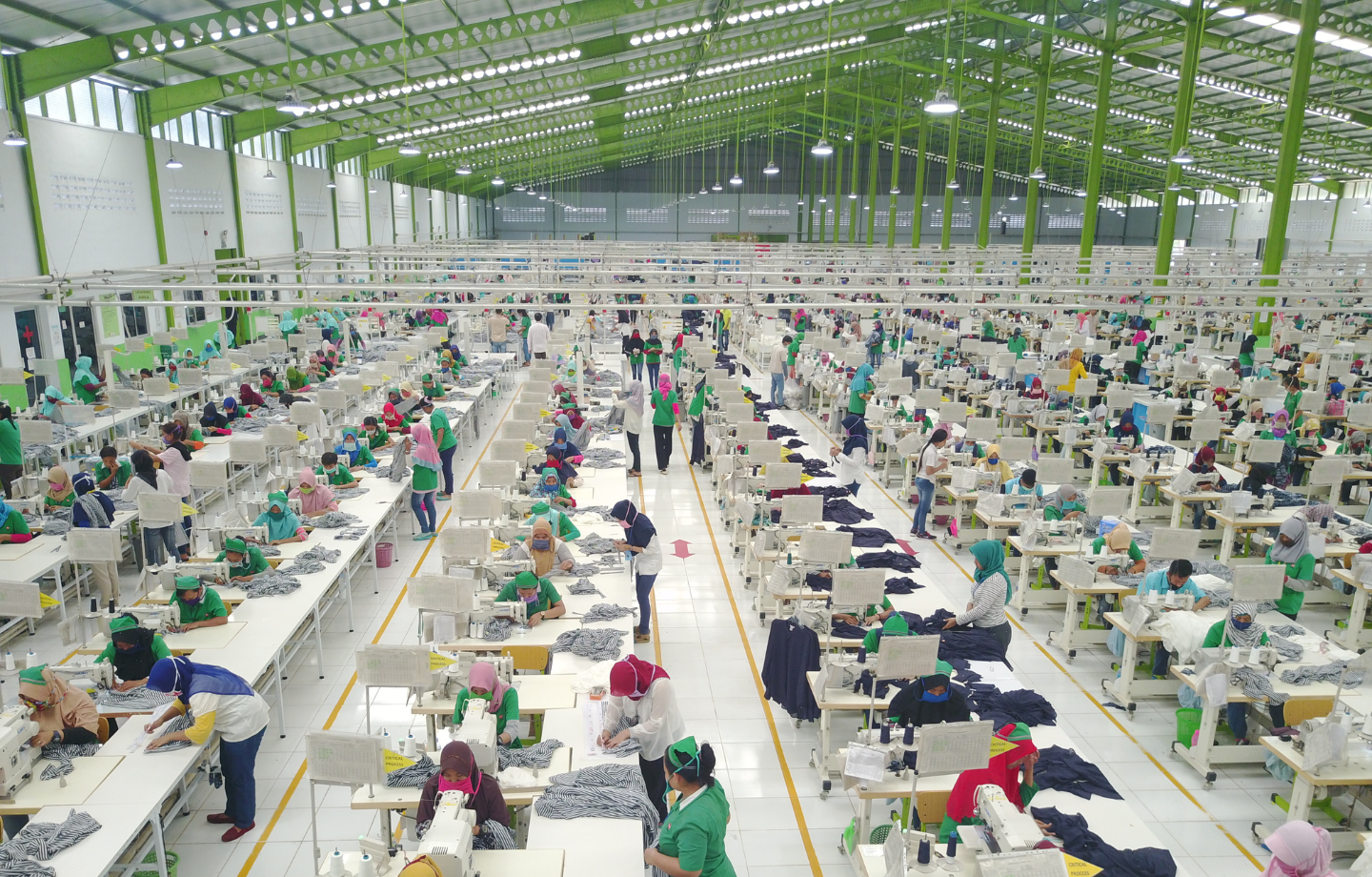Will Human Rights Due Diligence Reporting Be a Game Changer?

October 4, 2024
On September 23, I participated in a workshop organized by the Connecticut/ Baden Württemberg Human Rights Research Consortium called “Challenges of Corporate Sustainability and Due Diligence.”
About 30 participants with interdisciplinary academic backgrounds, as well as representatives from government and business, discussed the German Supply Chain Act, the EU Corporate Sustainability Reporting Directive (CSRD) and the EU Corporate Sustainability Due Diligence Directive (CSDDD). On the CSRD reporting requirements, most participants expressed frustration.
Some participants reported that setting up the reporting frameworks is consuming virtually all human resources at companies. This has the effect of stalling substantive work on advancing human rights by improving corporate practices. Others complained that the EU reporting directive likely would be too detailed and not sufficiently harmonized with existing global reporting requirements. Companies will now have to produce multiple reports in different formats for different authorities. Others pointed to the assessments of earlier legislation based on reporting requirements (e.g. the Modern Slavery legislation in the UK) and the mounting empirical evidence that it failed to produce desired results.
The moderators raised a provocative question in response to this exchange: Imagine legislation that did not require reporting at all.
In response, most workshop participants said that reporting requirements make no difference to actual business conduct.
While some acknowledged that reporting requirements can lead to introspection that fosters internal corporate support for sustainability commitments, others highlighted the widespread push back within companies against the “human rights bureaucracy.” Others even questioned whether reporting requirements will enhance corporate accountability. After all, the burden of accountability will remain with external parties that analyze corporate sustainability reports, identify shortcomings, and engage in public advocacy.
An initial group of companies subject to the new CSRD reporting rule must start reporting in 2025 for the financial year 2024. Researchers should carefully analyze these reports and track whether they are, in fact, resulting in improved business practices over time.
 Global Labor
Global Labor


